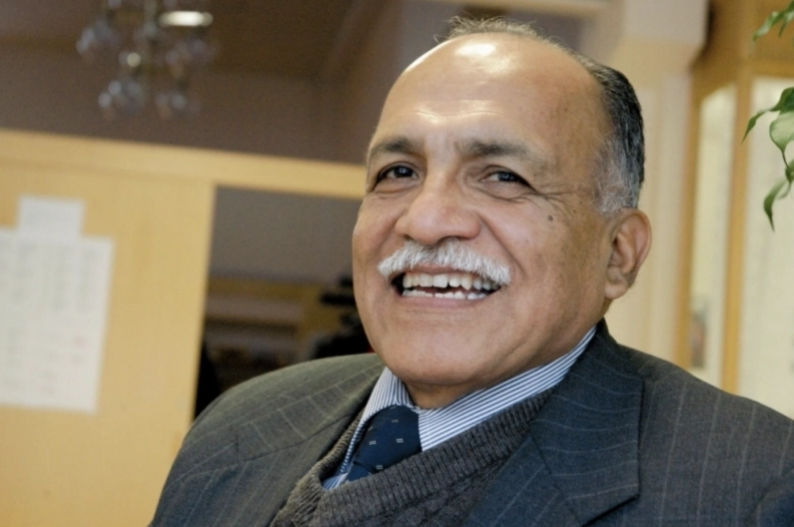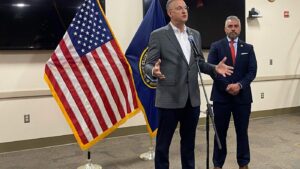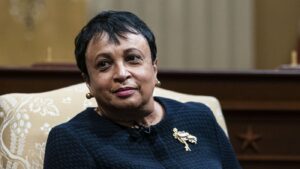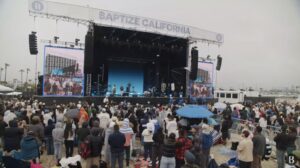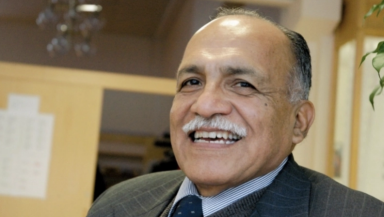
The global evangelical landscape has lost one of its most influential figures with the passing of Samuel Escobar Aguirre, a preeminent Peruvian theologian and missiologist, at the age of 90. His contributions have left an indelible mark on theological discourse, especially within the Latin American context.
Born in 1934 in Arequipa, Peru, Escobar dedicated his life to the church, shaping theological discussions and providing a Latin American perspective on Christian faith amid the region’s multifaceted social and political landscape. His work has been instrumental in the rise of Latin American Evangelical Theology.
Escobar was a pivotal figure at the 1974 International Congress on World Evangelization in Lausanne, Switzerland, an event organized by Billy Graham. Collaborating with figures such as René Padilla and John Stott, Escobar contributed significantly to the creation of the Lausanne Covenant, which emphasized a holistic approach to Christian missions.
This congress was crucial for the evangelical movement worldwide, advocating for an integrated mission approach that combined evangelism with social responsibility. Escobar, together with Padilla, championed the concept of integral mission, addressing both spiritual and material needs in spreading the Gospel.
In his career, Escobar was instrumental in establishing the Latin American Theological Fellowship (Fraternidad Teológica Latinoamericana, or FTL), fostering dialogue and collaboration among evangelical leaders. He also held the presidency of the International Fellowship of Evangelical Students (IFES) and taught in theological institutions across Peru, Canada, and Spain.
Escobar authored several notable works, such as The New Face of Latin American Protestantism, The Evangelical Faith and Contemporary Culture, and A Time for Mission, addressing crucial issues like integral mission and social responsibility within faith contexts.
His peers recall his humility, dedication to teaching, and his capacity to connect different generations and Christian traditions. In Valencia, Spain, where he spent his later years, Escobar remained active as a mentor and speaker, continuing to influence emerging Christian leaders.
His death marks a significant loss in evangelical theological discussions, but his legacy endures through his extensive writings and the numerous initiatives he inspired. Samuel Escobar Aguirre (1934–2025) is celebrated and remembered with deep appreciation for his contributions.
This article was originally written by www.christiantoday.com

